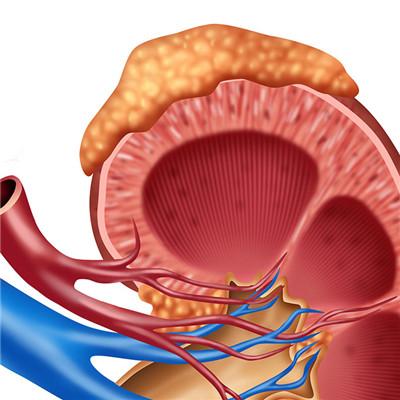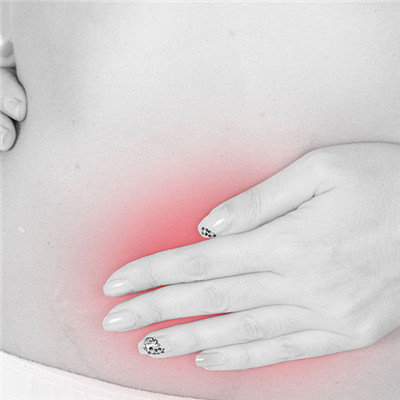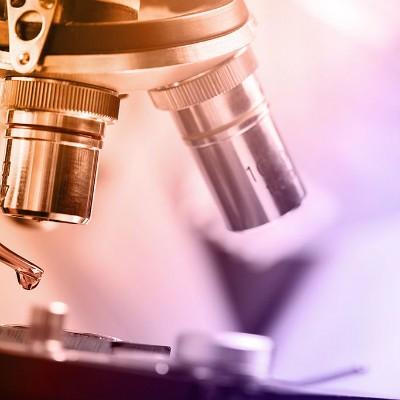What does hypertensive nephropathy symptom have
summary
At present, there are many reasons for the occurrence of hypertensive nephropathy, which will affect the kidney health of many friends and bring them quite serious harm. We must have a thorough understanding of hypertensive nephropathy, and we should have an in-depth understanding of some treatment measures for hypertensive nephropathy. Let's look down and take you to know what the symptoms of hypertensive nephropathy are.
What does hypertensive nephropathy symptom have
First, most of them are over 40-50 years old and have a history of hypertension for more than 5-10 years. In the early stage, only nocturia increased, followed by proteinuria. In some cases, transient gross hematuria occurred due to capillary rupture, but without obvious low back pain. The patients often had history of arteriosclerotic retinopathy, left ventricular hypertrophy, coronary heart disease, heart failure, cerebral arteriosclerosis and (or) cerebrovascular accident.

Second: the general blood pressure is continuously increased (20.0/13kpa, 150 / 100mmhg or more); some eyelids and / or lower limbs are swollen, and the heart boundary is enlarged; most arteriosclerotic retinopathy, when the fundus has striped, flame like bleeding and cotton wadding like soft exudation, supports the diagnosis of malignant renal arteriosclerosis. Patients with hypertensive encephalopathy may have corresponding signs of nervous system localization.

Third: auxiliary examination (1) mostly mild to moderate proteinuria, 24-hour quantitative mostly in 1.5 ~ 2.0g; microscopic examination of visible components (red blood cells, white blood cells, transparent tube type) less, may have hematuria; early blood uric acid increased, urine NAG enzyme, β 2-mg increased, urine concentration dilution dysfunction; CCR decreased slowly, blood urea nitrogen, creatinine increased. The damage of renal tubular function is prior to the damage of glomerular function. (2) Imaging examination showed that the kidneys were mostly unchanged, and the kidneys could shrink in varying degrees when they developed into renal failure; radionuclide examination showed renal damage in the early stage; ECG often showed left ventricular high voltage; chest X-ray or echocardiography often showed aortic sclerosis, left ventricular hypertrophy or enlargement. (3) Renal biopsy should be performed in the early stage if the clinical diagnosis is difficult.

matters needing attention
The treatment of hypertensive nephropathy is a topic of concern for many elderly people. Hypertensive nephropathy treatment is also very easy to suffer from the basic elderly. As for the treatment of hypertensive nephropathy, it is not necessary to choose drugs for the treatment of early hypertensive nephropathy patients, because drug treatment will bring side effects such as dizziness, nausea, panic, asthma, edema, and so on. Surface hypotension actually destroys the heart, brain, and kidney. According to authoritative statistics, more than half of hypertensive patients die of renal failure and heart failure, which is closely related to antihypertensive western medicine.












